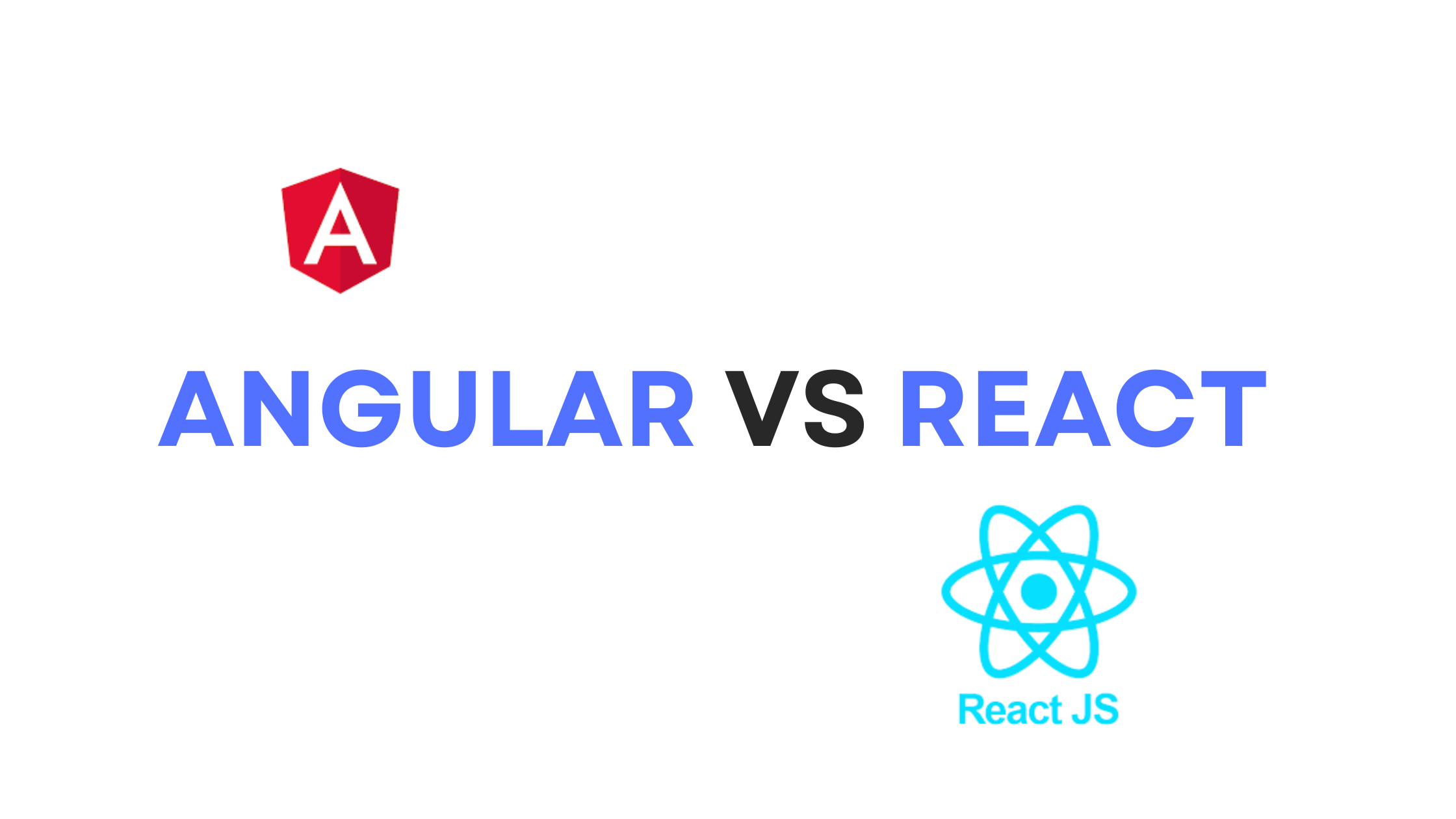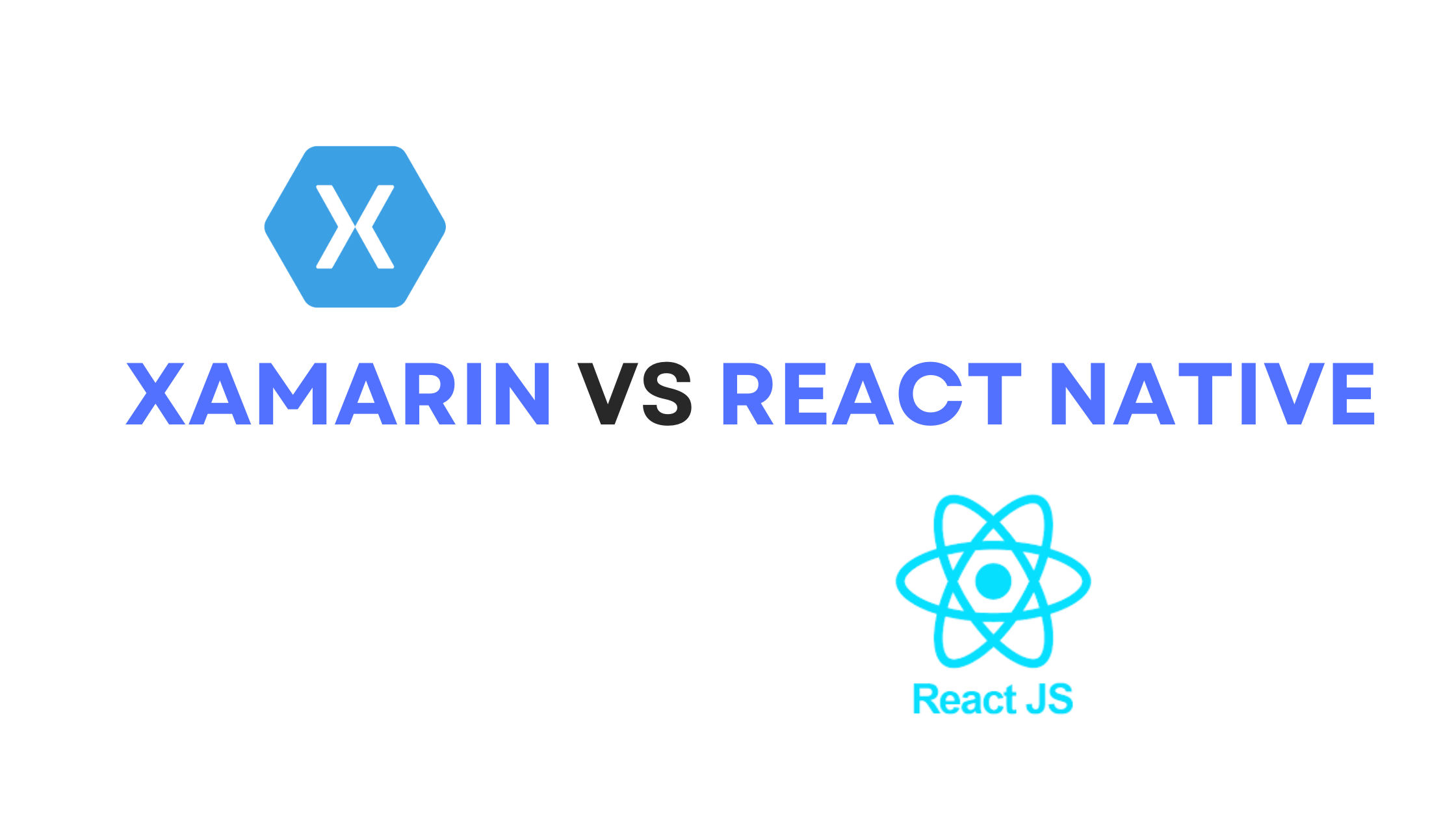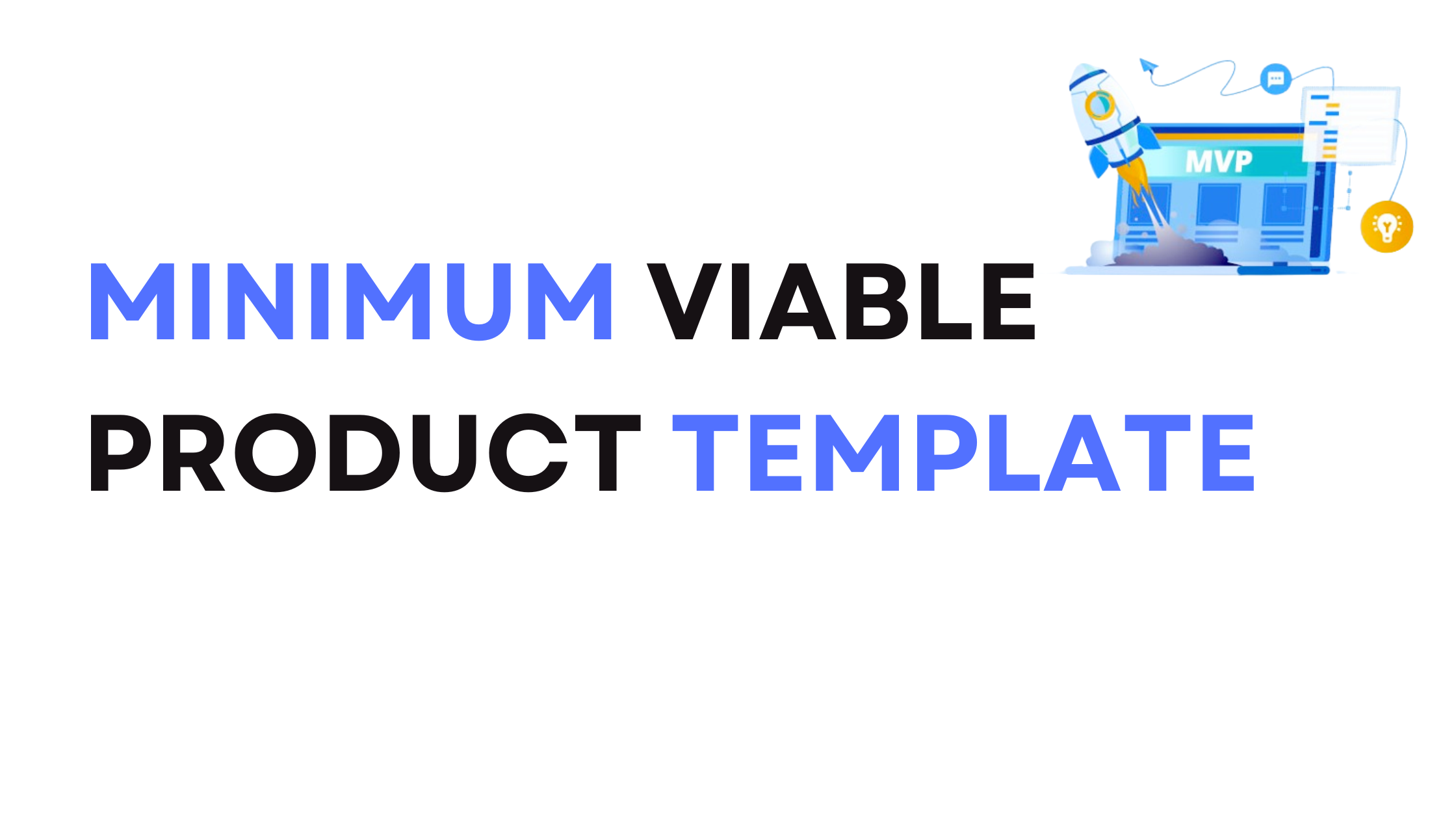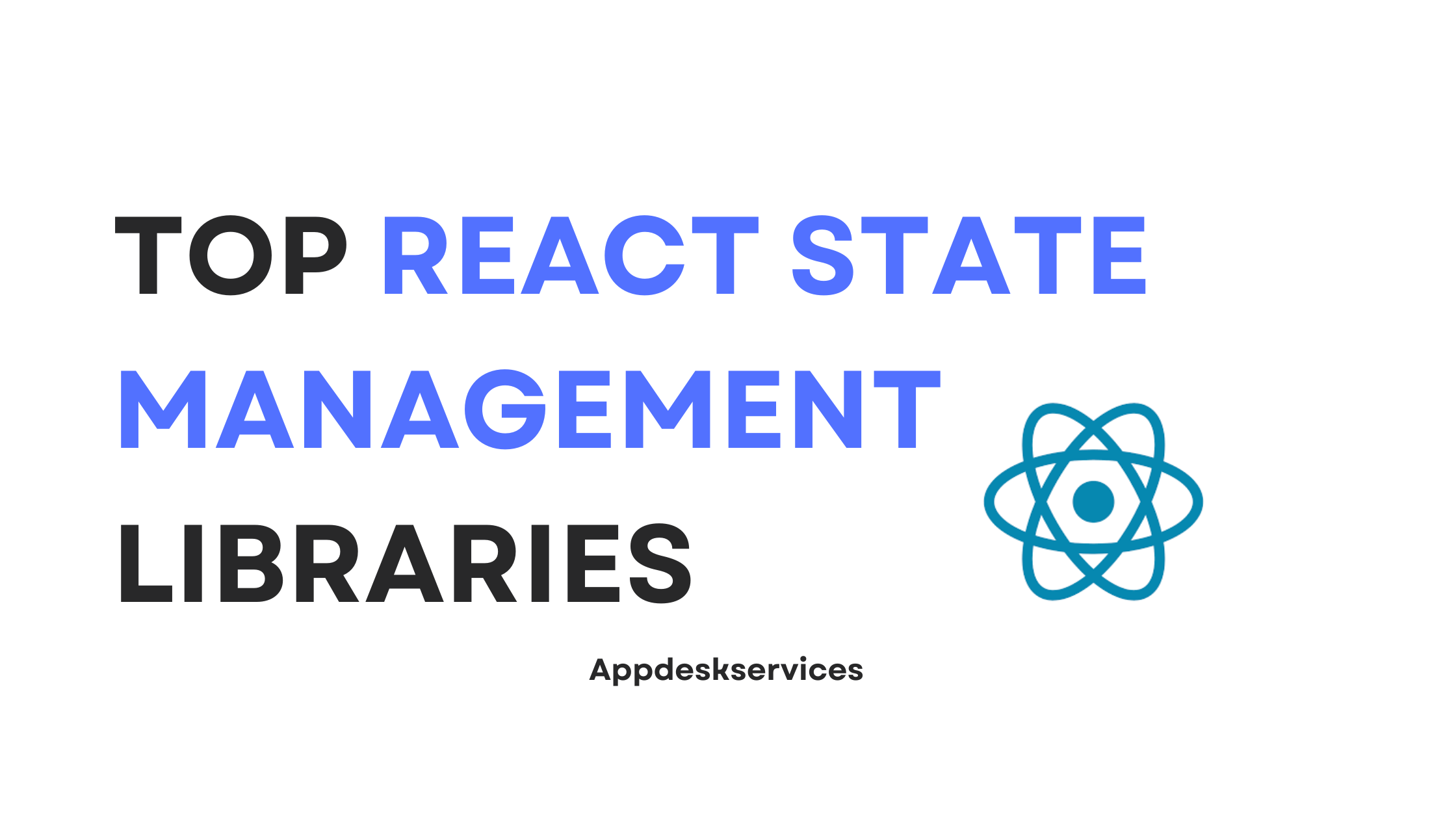In today’s rapidly evolving digital landscape, businesses are constantly seeking ways to innovate and streamline their operations amidst economic challenges. The mantra “do more with less” has never been more relevant, particularly in the tech sector, where the push for efficiency is met with the reality of tight budgets and limited resources. Enter ToolJet, an open-source low-code platform that has emerged as a beacon of innovation for organizations looking to develop internal applications without the need for extensive coding knowledge or a large team of developers.
This review delves into ToolJet, examining its features, benefits, and how it stands against the backdrop of similar tools in the market. As we unpack what makes ToolJet a noteworthy contender in the realm of low-code development platforms, we’ll explore its potential to Revolutionize how businesses create, deploy, and manage their internal tools, thereby embodying the principle of achieving more with less.
What is ToolJet?

ToolJet is an innovative open-source low-code platform designed to streamline the development and deployment of internal business applications. It empowers companies to craft custom applications such as admin panels or order tracking systems, connecting to various data sources like Postgres, MySQL, or Airtable. With minimal coding required, it features a visually driven front-end builder, making app development accessible beyond the traditional developer and engineer roles. Launched around 20 months ago, it has quickly adapted to the growing demand for efficient, low-resource software development tools, especially in times when businesses are urged to “do more with less.”
Features
ToolJet’s platform is engineered to provide a comprehensive suite of features that empower users to design, develop, and manage internal applications with ease and efficiency. Here’s a detailed look at the core features that set ToolJet apart:
Application Design
- UI Code Extending: ToolJet provides a versatile front-end builder that allows users to visually design their application interfaces without extensive coding. The platform supports extending the user interface with custom code, offering flexibility for more complex design needs.
- Programming Code Extending: Beyond the UI, ToolJet enables the extension of application functionality through custom programming code. This feature caters to more advanced development requirements, allowing businesses to tailor applications precisely to their operational workflows.
- Customized Branding: ToolJet allows for complete branding customization. Organizations can apply their brand identity, including logos, color schemes, and other branding elements, to their applications, ensuring a consistent user experience that aligns with corporate standards.
- Application Templates: To accelerate development, ToolJet provides a library of pre-built application templates. These templates serve as a starting point for various common business applications, significantly reducing development time and effort.
Workflows
- ToolJet supports the creation of automated workflows within applications. This functionality enables the automation of business processes, streamlining operations and reducing manual intervention. Workflows can be customized to fit specific business logic and operational needs, enhancing efficiency and productivity.
Data Control
- Data Migration: ToolJet facilitates seamless data migration, allowing businesses to easily move data between different systems or databases. This feature is essential for maintaining data integrity and ensuring smooth transitions during system upgrades or platform changes.
- Data Security: Security is a paramount concern, and ToolJet addresses this by implementing robust data security measures. The platform ensures that data is securely managed and accessed, protecting sensitive information from unauthorized access and breaches.
Publishing
- Application Deployment: ToolJet simplifies the deployment process, enabling users to publish their applications with ease. The platform ensures compatibility across various deployment environments, whether on-premise or in the cloud.
- Platform Compatibility: Ensuring applications run smoothly across different platforms, ToolJet guarantees compatibility, thus broadening the accessibility of applications to users on various devices and operating systems.
- Lifecycle Management: ToolJet offers comprehensive lifecycle management tools, allowing for continuous monitoring, updating, and maintenance of applications. This ensures that applications remain up-to-date, secure, and fully functional throughout their operational life.
Through these features, ToolJet empowers businesses to build, deploy, and manage custom internal applications efficiently, fostering innovation and operational excellence. The platform’s emphasis on ease of use, flexibility, and security makes it a compelling choice for organizations looking to optimize their software development processes.
Pros and Cons
Pros
- Accessibility: Enables a broader range of professionals within an organization to participate in the app development process, significantly reducing reliance on specialized coding skills.
- Open Source: Being open source, it offers transparency, flexibility, and a community-driven approach to problem-solving and feature expansion.
- Extensibility: A plugin-based approach allows for easy integration with new databases or tools, enhancing its adaptability to specific business needs.
- Community and Support: A strong community backing and the availability of an enterprise edition for more advanced features and support.
Cons
- Competition and Differentiation: Faces stiff competition from established players like Retool, Mendix, and others. Differentiating features and gaining a unique market position remain challenging.
- Complexity Over Time: While aiming for flexibility and extensibility, maintaining simplicity as the project and its ecosystem grow could become challenging.
- Late Market Entry: Being a late entrant in a crowded market might require significant effort to catch up with and surpass established competitors.
Pricing

Basic Plan – $0/month
Ideal for individual developers or small teams looking to explore ToolJet’s capabilities, the Basic Plan offers:
- No cost per builder or end-user.
- Creation of unlimited applications.
- Single Sign-On (SSO) integration with Google & GitHub.
- Community support for troubleshooting and queries.
- Usage limits include 5 tables & 10,000 rows in the ToolJet database.
Business Plan – $24/month per builder
Designed for businesses ready to scale their application development, this plan includes:
- A discounted rate of $8/month per end-user when billed yearly, plus 20% off.
- Comprehensive SSO options including Okta, Google, OpenID Connect, and more.
- Enhanced security and management features like granular access control and custom branding/white labeling.
- Extended data management with unlimited ToolJet tables and rows.
- Support for multi-environment setups and air-gapped deployment.
- Priority email support, Git synchronization, and the opportunity to start with a 14-day free trial.
Enterprise Plan – Custom Pricing
Tailored for large organizations with specific needs, the Enterprise Plan encompasses:
- All features in the Business plan, plus additional premium offerings.
- Support for multi-instance deployments.
- Dedicated support channels via email and Slack.
- Direct access to ToolJet’s app development experts, including the option to build your first app with their engineers.
- Possibilities for custom integrations and adherence to Service Level Agreements (SLA).
Across all plans, ToolJet ensures unlimited application creation and supports a range of SSO providers to accommodate various user groups. The platform evolves from providing basic community support to dedicated support and training sessions, making it suitable for different stages of business growth. Additional features, like granular access controls, Git sync, and extensive workflow capabilities, become available as you move from the Basic to the Enterprise plan, allowing businesses to scale their internal tools with ease.
Conclusion
ToolJet represents a significant leap forward in the democratization of software development within organizations. Its open-source nature, coupled with a focus on ease of use and extensibility, positions it as a valuable tool for businesses aiming to innovate rapidly without expanding their technical workforce. While it faces challenges inherent in a competitive and fast-evolving market, ToolJet’s community-driven approach, along with recent funding to fuel growth, suggests a promising trajectory. As companies continue to seek efficient ways to develop and deploy internal tools, ToolJet is well-positioned to become a go-to platform for businesses worldwide.













